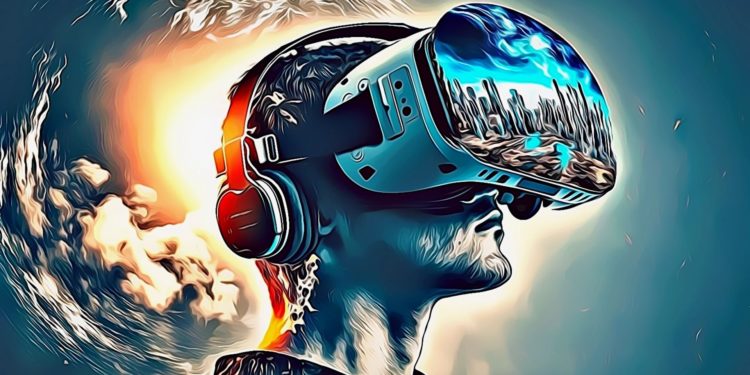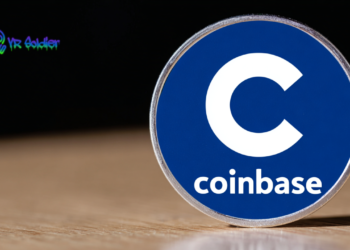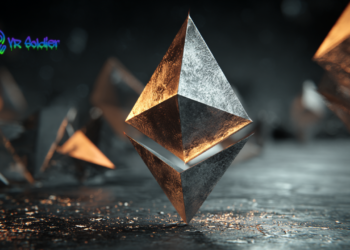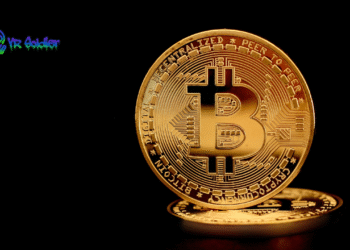Virtual reality (VR) is a rapidly evolving technology with the potential to revolutionize many aspects of our lives. In recent years, VR has seen a surge in popularity, with headsets like the Oculus Quest, Apple Headset and PlayStation VR becoming increasingly affordable and accessible.
Applications Of VR
As VR technology continues to develop, we can expect to see even more innovative and transformative uses for this technology. Some of the potential applications of VR include:
Education: VR can be used to create immersive learning experiences that allow students to explore different subjects in a realistic and engaging way. For example, students could use VR to visit historical sites, conduct experiments, or learn about different cultures.
Entertainment: VR is already being used to create a variety of immersive and interactive entertainment experiences, such as games, movies, and music videos. In the future, we can expect to see even more innovative and engaging VR experiences that blur the lines between the real and virtual worlds.
Healthcare: VR can be used to provide therapy and rehabilitation for a variety of conditions, such as post-traumatic stress disorder (PTSD), phobias, and chronic pain. VR can also be used to train surgeons and other healthcare professionals.
Business: VR can be used to improve communication and collaboration, provide training, and create more immersive customer experiences. For example, businesses could use VR to hold virtual meetings, provide training to employees, or create virtual showrooms for customers.
The future of VR is incredibly exciting, with potential applications in many different industries. As VR technology continues to develop, we can expect to see even more innovative and transformative uses for this technology in the years to come.
Here are some of the future potentials of VR:
Haptic feedback: This will allow users to feel objects and textures in VR, making the experience even more immersive.
Eye-tracking: This will allow VR headsets to track the user’s eye movements, which could be used to control the experience or provide more personalized content.
Brain-computer interfaces: This could allow users to control VR experiences with their thoughts, which would open up new possibilities for interaction.
5G: This will allow for faster and more reliable VR experiences, making it possible to stream high-quality VR content over the internet.
These are just a few of the potential future developments in VR. As the technology continues to evolve, we can expect to see even more exciting and innovative uses for VR in the years to come.
Disclosure: This is not trading or investment advice. Always do your research before buying any cryptocurrency or investing in any service.
Follow us on Twitter @thevrsoldier to stay updated with the latest Crypto, NFT, and Metaverse news!
Image Source: primopiano/123RF// Image Effects by Colorcinch












